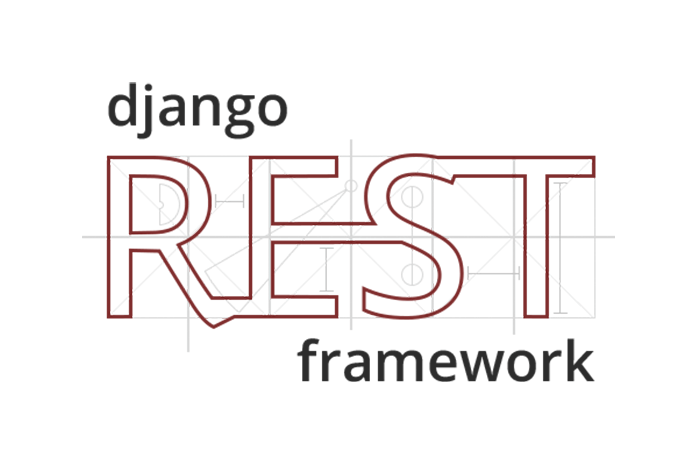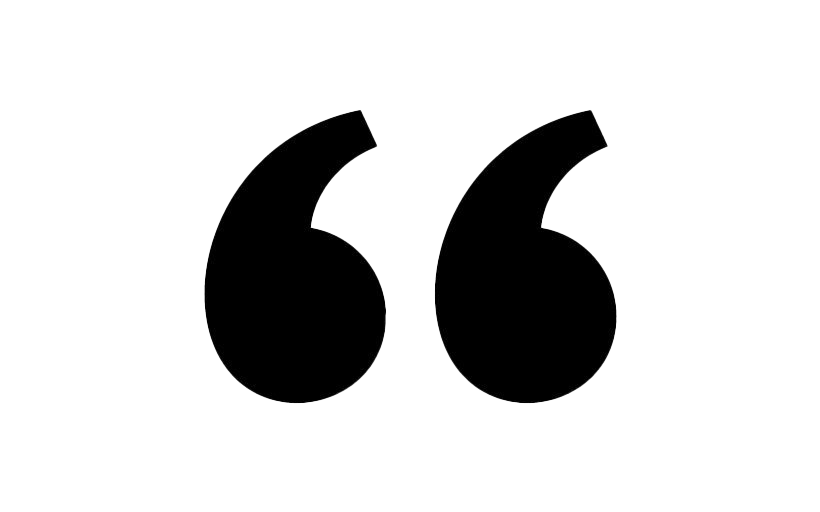The Go-Giver
Introduction
Reading is one of the most enriching experiences that anyone can have, but finding the time to read every book that catches our eye can be challenging. Moreover, if we only rely on reading to absorb the contents of books, we are likely to forget much of what we have learned soon after. This is where book summaries can come in handy. As an avid reader, I have found that writing a summary of a book's key lessons not only provides easy access to valuable information in the future but also helps me reflect on how I can apply these insights to my own life.
This post is part of a series where I will provide my summaries of some of the best books I’m reading. I intend to offer readers an opportunity to get a glimpse of what a book has to offer before deciding whether to invest their time in it. Whether you're a book lover or just someone looking to explore new ideas, I hope my book summaries will provide you with some valuable insights.
Overall impressions
I strongly believe that this book is worth it’s time. It may be short, but its narrative style makes it incredibly easy to read. The principles conveyed within it can be applied in various aspects of life, whether it's business or personal relationships. By prioritising giving and adding value to others instead of solely focusing on what we can gain, we can forge stronger connections and achieve greater success in all areas of our lives.
This is one of those books that makes me want to have a system set up to periodically review book insights because the kind of lessons that are taught in this book are ones that can only change my behaviour if I am constantly reminded of them. All of the key lessons are principles that I would like to live by, but I can only do so if I am aware of them during my day-to-day life. I would like to try to apply these mindsets to the different life situations that I face.
Key lessons
The lessons are from the core of this book, the 5 laws of “stratospheric success”:
1. The Law of Value — My true worth is determined by how much more I give in value than I take in payment.
The first question should be always be in terms of ‘Does it serve? Does it add value to others?’ If the answer to that question is yes, then, and only then, we can go ahead and ask, ‘Does it make money?’
2. The Law of Compensation — My income is determined by how many people I serve and how well I serve them.
My compensation is directly proportional to how many lives I touch. So, if I want more success, I need to find a way to serve more people.
3. The Law of Influence — My influence is determined by how abundantly I place other people’s interests first.
Building a strong network of people who know, like, and trust me is essential. These are individuals who genuinely want to see me succeed, always keeping me in mind because I do the same for them. To cultivate such a network, it's crucial not to keep score or track favors. Networking is not a game of poker. Instead of constantly seeking a win-win solution where both parties benefit, which can sometimes be a way of keeping tabs, I should focus on fostering genuine relationships. Rather than viewing relationships in terms of who owes me what, I should be a supportive friend. It's important to consider the other person's interests and have their back. Striving for a fifty-fifty arrangement is limiting, while true success lies in being entirely focused on the other person's needs and desires.
4. The Law of Authenticity — The most valuable gift I have to offer is myself.
It's crucial for me to remember that, regardless of my training, current skills, or the field I'm in, I am my most important asset. No matter what I believe I'm selling, what I'm truly offering is myself. And that is the most valuable gift I have to give. When it comes to achieving any goal I set, only about 10% relies on specific knowledge or technical skills at most. The remaining 90% or more is all about people skills. The foundation of all people skills lies in embracing my true self. If I continue to pretend to be someone else or mimic behaviors taught by others, I won't genuinely connect with people.
5. The Law of Receptivity — The key to effective giving is to stay open to receiving.
Actionable advices
Lately, I've been pondering a lot about the concept of "giving." Even before reading this book, I found myself questioning how much I should give to my friends, family, and colleagues, and whether I should measure it based on what I receive in return. Then, coincidentally, I came across this book. Although it's a work of fiction and these are just theoretical laws, I strongly believe they provide a solid foundation for success.
I'm certain that by regularly revisiting these notes, I will gain more insights and additional advice in the future. However, for now, the most practical advice I take from this book is to eliminate any doubts about giving and wholeheartedly embrace it whenever possible. It has been a while since I adopted "you get what you give" as my life's motto, so it only makes sense to strive to offer as much value as I can.
Highlights from the book
The best quotes I gathered from this book:
Most people just laugh when they hear that the secret to success is giving. Then again, most people are nowhere near as successful as they wish they were.
Go looking for conflict, and you’ll find it. Go looking for people to take advantage of you, and they generally will. Go looking for the best in people, and you’ll be amazed at how much talent, ingenuity, empathy and good will you’ll find.
When you base your relationships on who owes who what, that’s not being a friend. That’s being a creditor. Watch out for the other guy, for his interests and have his back. Forget about fifty-fifty. The only winning proposition is one hundred percent. Make your win about the other person, go after what he wants and focus on the other person’s win.
No matter what’s your training, no matter what are your skills, no matter what area you’re in, you are your most important commodity. The most valuable gift you have to offer is you.
Reaching any goal you set takes 10% specific knowledge or technical skills, max. The other 90%+ is people skills.


